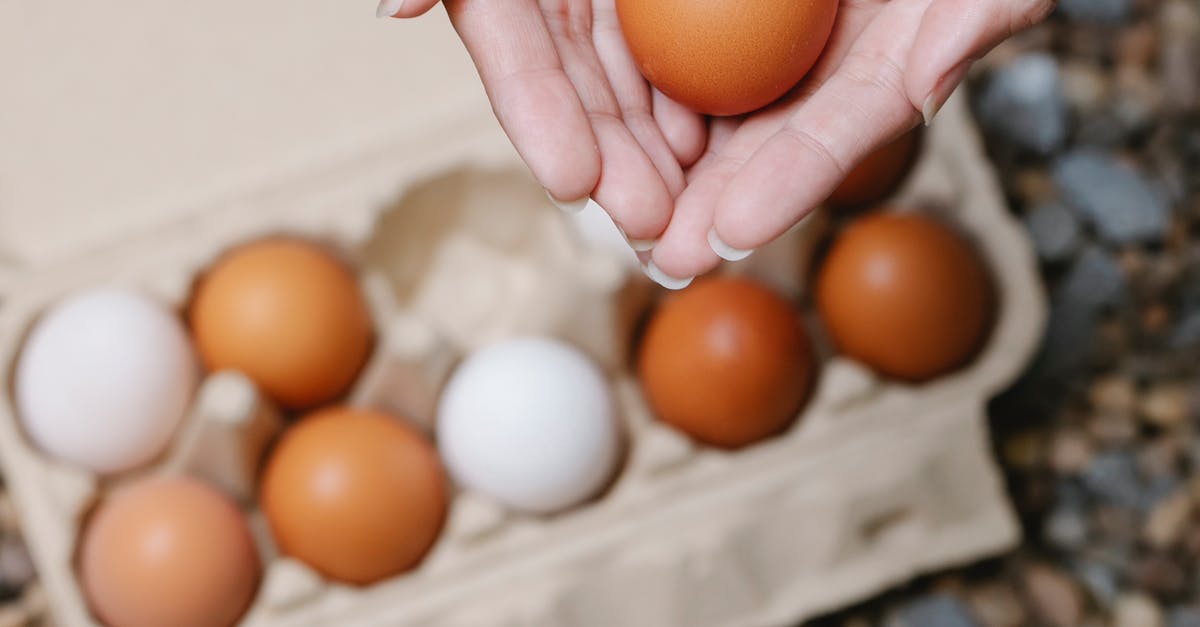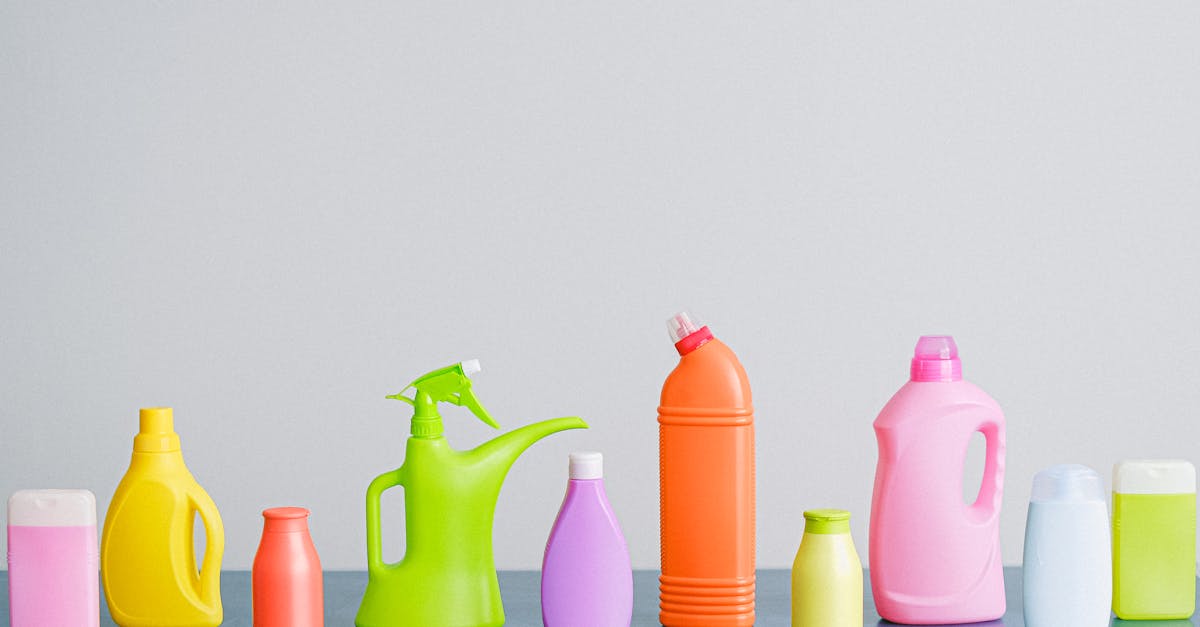🐔 Raising chickens can be a rewarding hobby, offering fresh eggs and a unique connection to nature. However, maintaining a clean and disease-free chicken coop is essential for the health of your flock and your peace of mind. Let’s delve into the importance and methods of using sanitizers and cleaning supplies for chicken coops.
The Importance of Sanitizing Your Chicken Coop
Keeping the chicken coop clean is more than a matter of aesthetics. A sanitized coop is crucial for several reasons:
- 📉 Disease Prevention: Chickens are prone to various diseases such as salmonella, avian flu, and coccidiosis. A clean coop minimizes the risk of these diseases spreading.
- 🐔 Healthy Chickens: Clean living conditions promote healthier chickens, which in turn produce better-quality eggs.
- 🤲 Human Health: Preventing disease in chickens also protects humans from potential zoonotic diseases (diseases that can be transmitted from animals to humans).
Daily and Weekly Cleaning Routines
Maintaining cleanliness in the coop involves both daily and weekly tasks. A little prevention goes a long way.
Daily Cleaning Tasks
- Check Feed and Water Supplies: Ensure that waterers and feeders are clean. Refill with fresh water and feed as necessary.
- Remove Droppings: Quickly remove any visible droppings from laying boxes and perches.
- Monitor for Health Issues: Keep an eye out for any signs of illness in your chickens, such as discharge from eyes or abnormal droppings.
Weekly Cleaning Tasks
- Replace Bedding: Remove soiled bedding and replace it with fresh material.
- Clean Waterers and Feeders: Use hot, soapy water to scrub the waterers and feeders thoroughly.
- Wipe Down Surfaces: Use a safe, non-toxic sanitizer to wipe down all surfaces, including roosting bars and nesting boxes.
Essential Cleaning Supplies and Sanitizers
Supplies You’ll Need
1. Scrubbing Brushes
Different sizes and shapes can help scrub various surfaces effectively.
2. Broom and Dustpan
A sturdy broom and dustpan are necessary for sweeping out bedding and droppings.
3. Buckets and Hose
These are essential for transporting water and washing down larger surfaces.
4. Protective Gear
Gloves, masks, and possibly goggles will protect you from dust, droppings, and cleaning solutions.
Effective Sanitizers
Using the right sanitizers can make a significant difference in maintaining a healthy chicken coop. Here are some recommended choices:
1. Vinegar
Vinegar is a natural, non-toxic disinfectant that is safe for both chickens and humans. It can be used to clean feeders, waterers, and surfaces.
2. Bleach
Bleach is highly effective but should be used with caution. Ensure thorough rinsing after use and never mix with other cleaning agents.
3. Enzyme-Based Cleaners
These are non-toxic and break down organic matter, making them a good option for cleaning coops.
Step-by-Step Deep Cleaning Guide
Every few months, a deep cleaning of the chicken coop is necessary to ensure long-term health and hygiene. Follow these steps for a thorough clean:
Preparation
- Relocate Chickens: Place your chickens in a safe temporary shelter.
- Wear Protective Gear: Gloves, masks, and goggles will protect you from direct contact with droppings and cleaning chemicals.
Cleaning Process
- Remove All Bedding: Dispose of all old bedding properly.
- Scrub Down Surfaces: Use a scrub brush and soapy water to scrub all surfaces.
- Disinfect: Apply a sanitizer such as vinegar or an enzyme-based cleaner to all surfaces, waterers, and feeders.
- Rinse Thoroughly: Use a hose to rinse off all soap and sanitizers.
- Drying: Allow the coop to dry completely to prevent mold growth.
Post-Cleaning
- Add Fresh Bedding: Once dry, add new bedding.
- Return Chickens: Safely move your chickens back into their newly sanitized home.
Benefits of Regularly Sanitizing Your Chicken Coop
Healthier Chickens
Regular sanitization helps in reducing the risk of diseases, ensuring your chickens stay healthy and active.
Improved Egg Quality
Clean environments contribute to healthier hens, which in turn lay better quality eggs, both in terms of shell quality and internal consistency.
Odor Control
A well-maintained coop has less odor, making it more pleasant for both the chickens and those caring for them.
Longevity of Coop Materials
Regular cleaning prevents the buildup of harmful substances that can degrade wooden and metal parts of the coop, thus extending its lifespan.
Expert Tips for Efficient Coop Sanitation
- Use Deep Litter Method: Consider using the deep litter method, where you add layers of bedding material, which composts over time, reducing the need for frequent cleaning.
- Regular Inspections: Inspect your coop regularly for signs of rodent infestation or structural issues that could harbor bacteria.
- Integrated Pest Management: Use natural methods to control pests such as mites and lice, which can also contribute to the spread of diseases.
Products to Consider for Chicken Coop Cleaning
Here are some recommended products that can make your coop cleaning routine more efficient:
| Product | Description | Link |
|---|---|---|
| Diatomaceous Earth | Helps control parasites and pests within the coop. | Purchase Here |
| Enzyme Cleaner | Breaks down organic matter and is safe for chickens. | Purchase Here |
| Chicken Coop Deodorizer | Keeps your coop smelling fresh. | Purchase Here |
Action Steps to Take Next
Sanitizing your chicken coop is an ongoing task that requires diligence and the right tools. Here are the steps you should take:
- Assess Your Current Routine: Reflect on your current cleaning routine. Are you meeting daily and weekly cleaning needs?
- Gather Supplies: Ensure you have all the necessary supplies and sanitizers.
- Set a Schedule: Make a realistic and consistent cleaning schedule that you can stick to.
- Educate Yourself: Continue learning about best practices in chicken coop maintenance and sanitation.
Keeping Your Flock Healthy and Happy
Maintaining a sanitized chicken coop is key to ensuring the health and productivity of your flock. With proper supplies and a diligent cleaning routine, you can provide a safe and clean environment for your chickens. 🐓✨ Remember, well-maintained coops contribute to healthier chickens and higher-quality eggs, making your efforts worthwhile in the long run.
Feel free to explore more about chicken keeping, health, and best practices to ensure your flock remains robust and content. For more detailed guides and expert advice, visit [example.com]. Happy cleaning!







